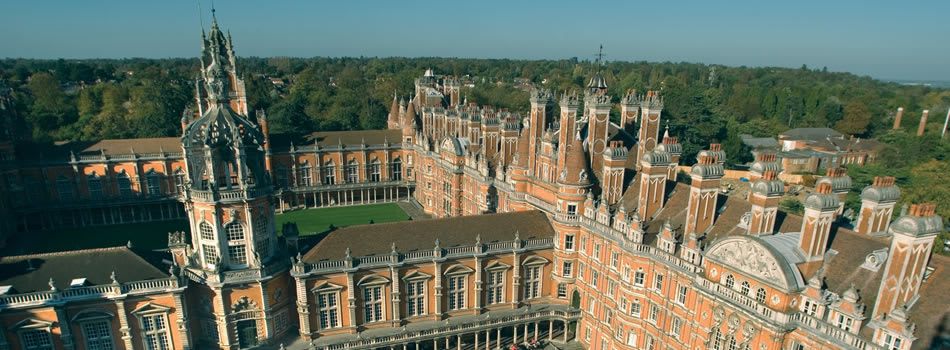Ocean-atmosphere coupling is one of the major concepts of climate dynamics as it is essential for predicting properties of different modes and time-scales of climate variability under global warming. Thus, detailed understanding of ocean-atmosphere interactions is of great societal importance as it offers information for climate adaptation and resilience. The subpolar North Atlantic is a key region to study the ocean-atmosphere coupling because it is the location where heat exchange between the ocean and the atmosphere happens driving deep water formation and ocean circulation but also the formation of sea ice that modulates the albedo feedback and atmospheric circulation eventually. The North Atlantic has shown large multidecadal temperature shifts during the twentieth century, and there is ongoing debate about whether this variability arises primarily through the influence of atmospheric internal variability, through changes in ocean circulation, or as a response to anthropogenic forcing.
Evaluating the interaction between ocean and atmospheric dynamics in the proxy record allows the identification of the natural component of the coupling but improvements in this subject require integrated regional studies including marine and terrestrial archives to address potential leads and lags on interactions and responses in the ocean and atmosphere. Tephrochronology is a unique method for connecting, synchronising and integrating individual archive by age equivalence, avoiding any kind of wiggle matching of proxy data. The key principle for using tephra as stratigraphic markers and isochrons is that they can be erupted and deposited effectively instantaneously (from hours to months), even in marine and lake sediments. In particular, the identification of non-visible, distal tephras (cryptotephras) deposited in sediment records have allowed linking of sequences at distances of hundreds to several thousands of kilometres from the source, greatly extending their known geographical limits.
This PhD project aims to evaluate multidecadal variability over the subpolar North Atlantic in the proxy record with special emphasis in the last six thousand years, when the current configuration of the Earth’s climate system was established. The candidate will work with geochemical data from both lake and marine records to develop regional palaeoclimate reconstructions and apply a tephrostratigraphic approach to link high-resolution Holocene lake records from Greenland and marine cores in the East Greenland coast
Research objectives are to:
(1) Reconstruct decadal ocean-atmosphere variability in Greenland combining marine and terrestrial records.
(2) Develop improved chronologies combining different dating methods such as radiocarbon dates and tephrochronology into age-depth Bayesian models
(3) Synchronise terrestrial and marine records using tephra horizons.
(4) Improve understanding of ocean-atmosphere interactions and its variability across the Holocene.
During this project, the candidate will be trained in palaeoclimatology, tephrochronology, geochronology, data analysis and statistical modelling methods.
Policy Impact of Research:
This research might contribute to improved decadal climate forecast with implications for agriculture, energy security and environmental risks.
To apply follow link and instructions at https://www.royalholloway.ac.uk/research-and-teaching/departments-and-schools/geography/news/london-nerc-dtp-competition-funded-studentship/

 Continue with Facebook
Continue with Facebook





